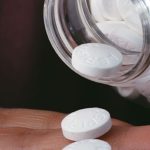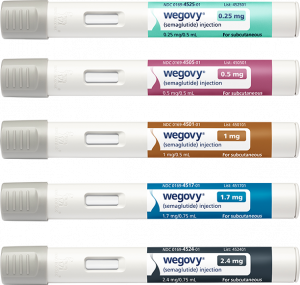
Driver fatigue causes many more car accidents in the United States than previously estimated, a new report suggests. The finding comes from an analysis of several months’ worth of video recordings taken of nearly 3,600 Americans while they were driving. During that time, participating drivers were involved in 700 accidents. All participants’ vehicles had been outfitted with a dash-cam video recorder. That allowed researchers to analyze each driver’s face in the minutes right before crashing. The researchers also had video of the road scene in front of the drivers. Together, the footage suggested that the percentage of accidents involving sleepy drivers was about eight times higher than current federal estimates. The finding was highlighted in a report released Thursday by the AAA Foundation for Traffic Safety. The foundation describes the investigation into drowsy driving as the most in-depth of its kind to date. “Driver drowsiness is a notoriously difficult problem to quantify because it typically doesn’t leave behind evidence that a police officer can observe after the fact when investigating a crash — in contrast to alcohol, for example,” said Brian Tefft, a senior research associate with the foundation in Washington, D.C. “Thus, we expected that our study would find that the problem was substantially bigger than the official statistics from the U.S. DOT [Department of Transportation] suggest,” he said. “But we were still surprised… read on >






































